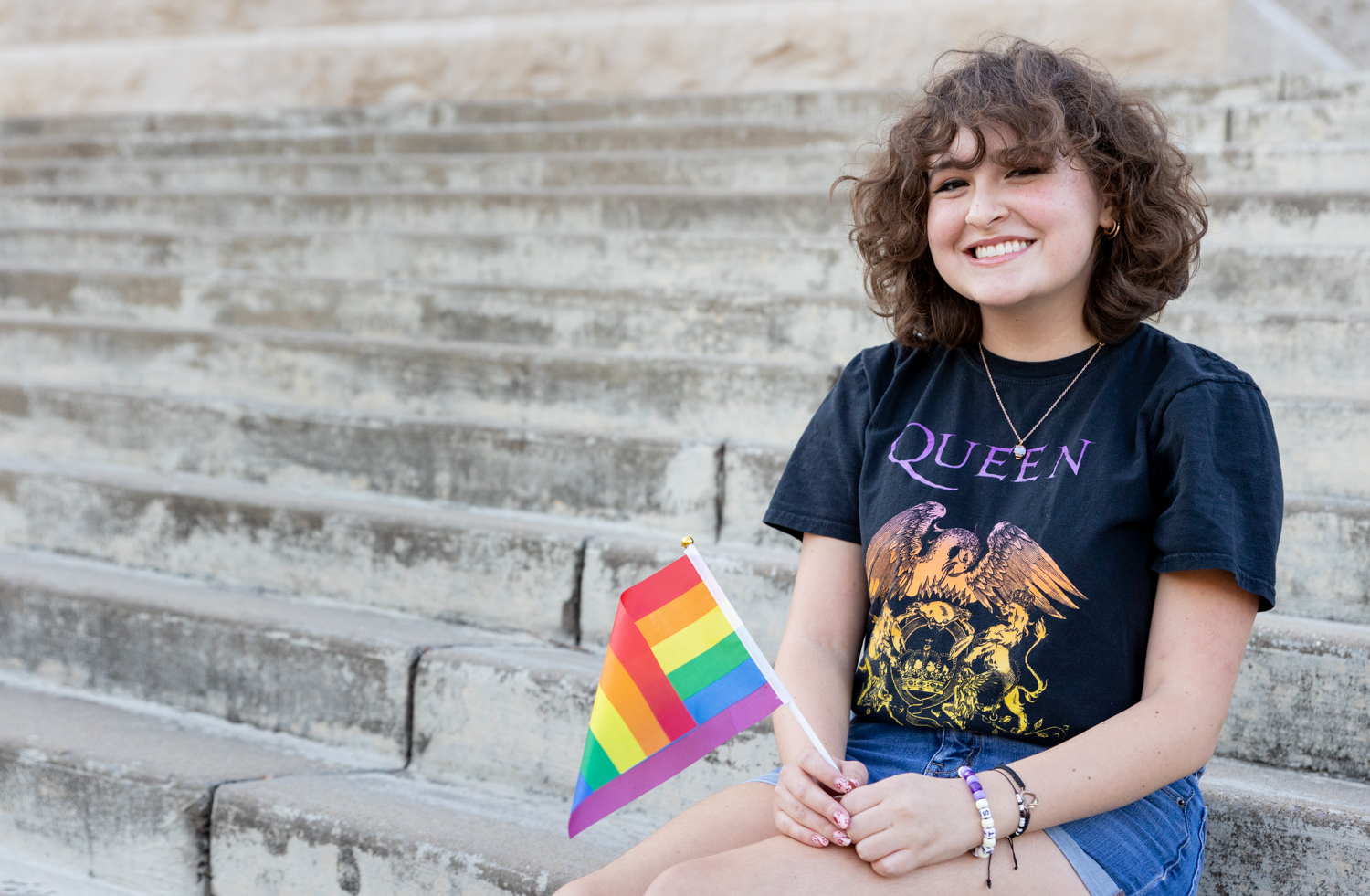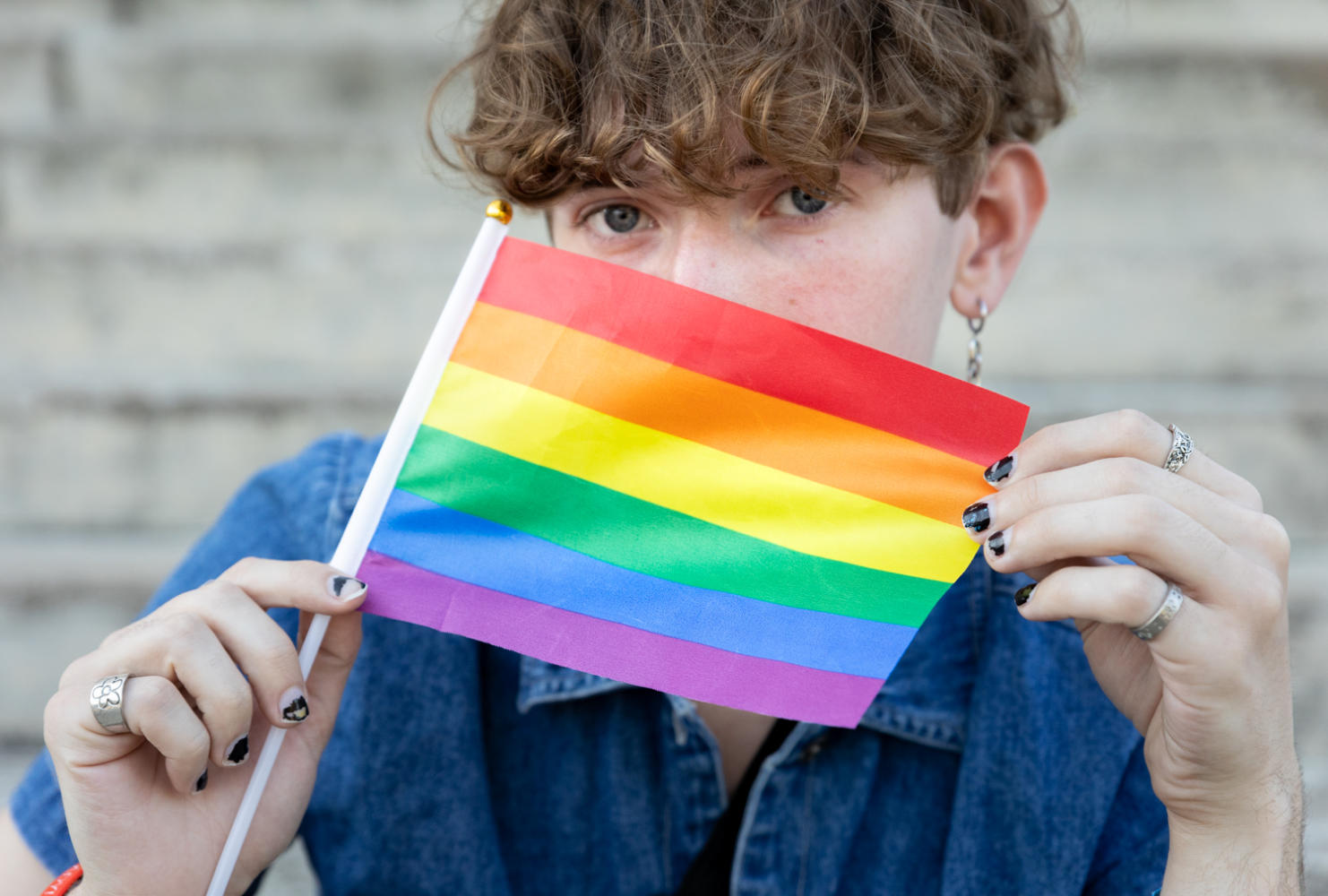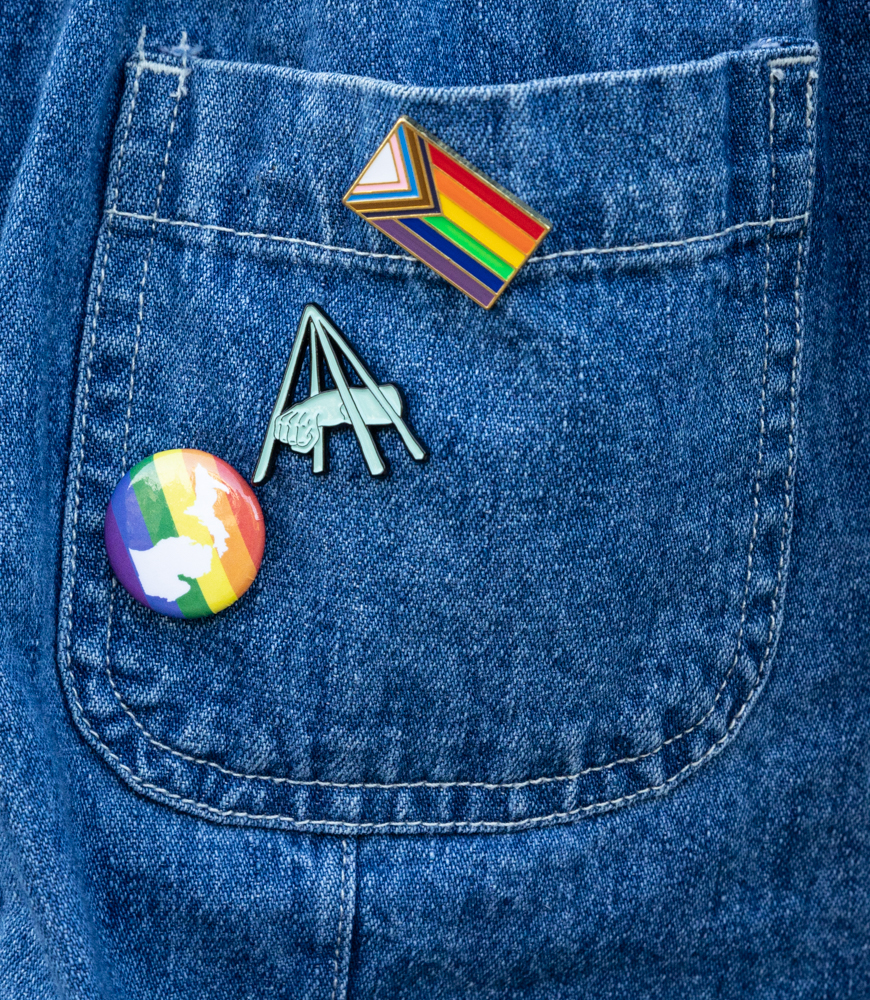Editor’s Note: This story has been updated to remove incomplete research into the presence of LGBTQ+ students within Interfraternity Council and Panhellenic organizations at WKU. The Talisman regrets the error.
Some students on campus belonging to the LGBTQ+ community are looking for ways to branch into Greek life.

Delta Omicron chapter president Ashton Hoelscher said that Greek professional chapters can be supportive of LGBTQ+ individuals. Professional fraternities differ from traditional fraternities because these societies specialize in specific careers.
Hoelscher, a junior transgender male, has considered joining a traditional fraternity but said he found a more welcoming space in a professional music fraternity.
“I felt safer as a trans man in a professional chapter rather than trying to go for an all-male traditional fraternity that may or may not accept me as a male,” Hoelscher said.
Hodgenville senior Cassandra Wiley, President of the Queer Student Union, said the group has entertained the idea of forming its own sorority, fraternity or diaternity to open the experience to those identifying as queer. However, she said the lack of resources, such as poor funding and meager student engagement, prevents the QSU from creating a Greek organization for queer students to engage.

“We are lacking student engagement and resources to really get a safe Greek, queer life space,” Wiley said.
For students in the LGBTQ+ community who want a similar experience to traditional fraternities, Hoelscher suggested the Stonewall Suites Learning Living Community, created in 2016 for LGBTQ+ students on campus.
“I lived at the Stonewall Suites LLC at Meredith during my first semester,” he said. “It is a nice place and a great alternative experience to Greek life.”
Stonewall Suites LLC is located in Meredith Hall and is open to all LGBTQ+ students but one still has to apply through the housing portal for consideration.
Separate from WKU’s IFC organizations are the National Pan-Hellenic organizations, often called the Divine Nine, a nickname for the nine historically Black organizations.

Senior Te’Yasmine Lynn from Sacramento, California, is the vice president and historian for Delta Sigma Theta, one of the university’s NPHC sororities. Lynn said that due to her lived experience as a woman of color, she and her chapter understand the feelings of exclusion.
“As someone who is a Black, bisexual woman, I know that finding that accepting space is a little difficult here in the Bible Belt,” Lynn said.
Lynn said there is a substantial LGBTQ presence in WKU’s NPHC, citing several groups with queer members and queer safe spaces, including Phi Beta Sigma fraternity, Sigma Gamma Rho sorority and her sorority, Delta Sigma Theta.
“As Black women, we understand oppression. We will not use sexuality or gender as the basis to not accept you,” Lynn said. “We want quality over quantity.”
Lynn added that she wanted prospective members to know that they look beyond sexual orientation and gender.
“If I am going to be honest, we don’t care if you’re gay or transgender, we want to be a community,” Lynn said. “We want love and happiness in the Divine Nine. You can’t get those things with oppression.”



